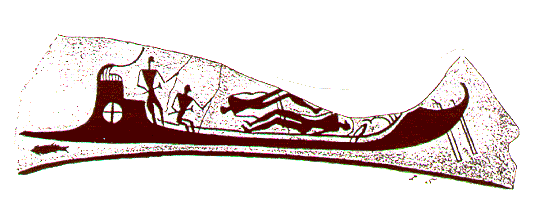Originally posted by Spartan
View Post
You often mention how there are numorous scholars or professionals and universities, and who are we to argue. That argument is a bit misleading my friend (hopefully i can still call you friend).
This is reality and how it works.
I came across this on the Cambridge site.
"Many of the scholars now prominent in Mycenaeology throughout the world were trained at the Laundress Lane and Sidgwick sites, (which is in Cambridge)
So many of these scholars you talk about were sheep.... and who were they to scrutinize/test ventris methods.
This is how we get this conclusions to be accepted by Academia in general. You feed the illiterate and who are they to argue. Then they feed there students and so on and so on.
So it starts with one mans opinion who can make (or make up) an explanation to something unexplained, and get people exited then sell it. Until someone can accurately decipher the linear B, feeding this Gruel to people would have to do.
Originally posted by Spartan
View Post
(1) The "spelling rules" of Linear B are so complex that a given word as "spelled" in Linear B may be interpreted (that is, transliterated and spelled out in the modern Western European alphabet) in a large number of different ways. It is therefore argued that the interpretation of any one word is a largely subjective process.
(2) Even a "deciphered" Linear B text is often largely or completely unintelligible because the Mycenaean Greek words have no cognates in later Greek. skeptics argue, that the language of Linear B is being forced to become Greek. In a number of cases where words are unintelligible, their lack of "meaning" is explained by the decipherers as being due to the fact that the word in question is a proper name, either of a person or of a place. The skeptics argue that this is a further instance of the decipherers' refusal to admit that Linear B is in fact not Greek at all.







Comment